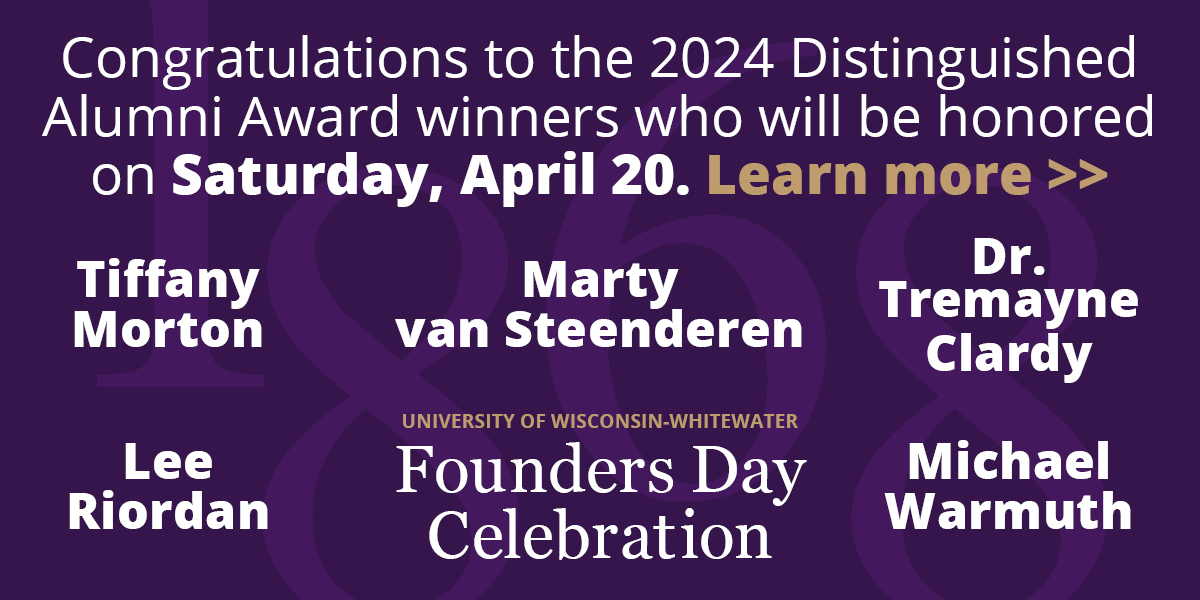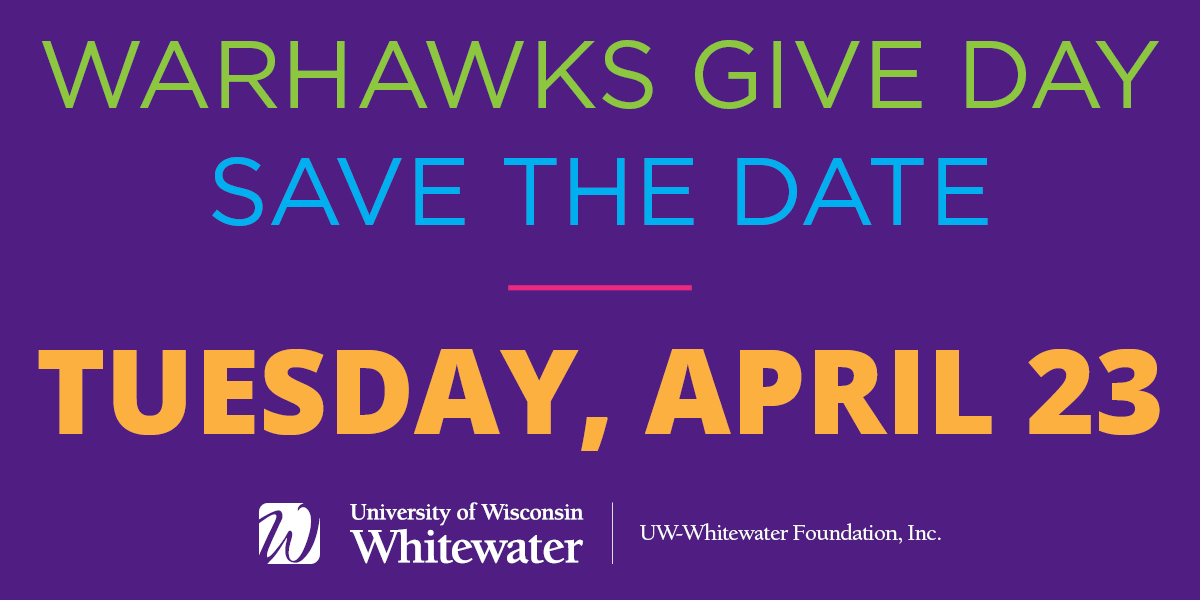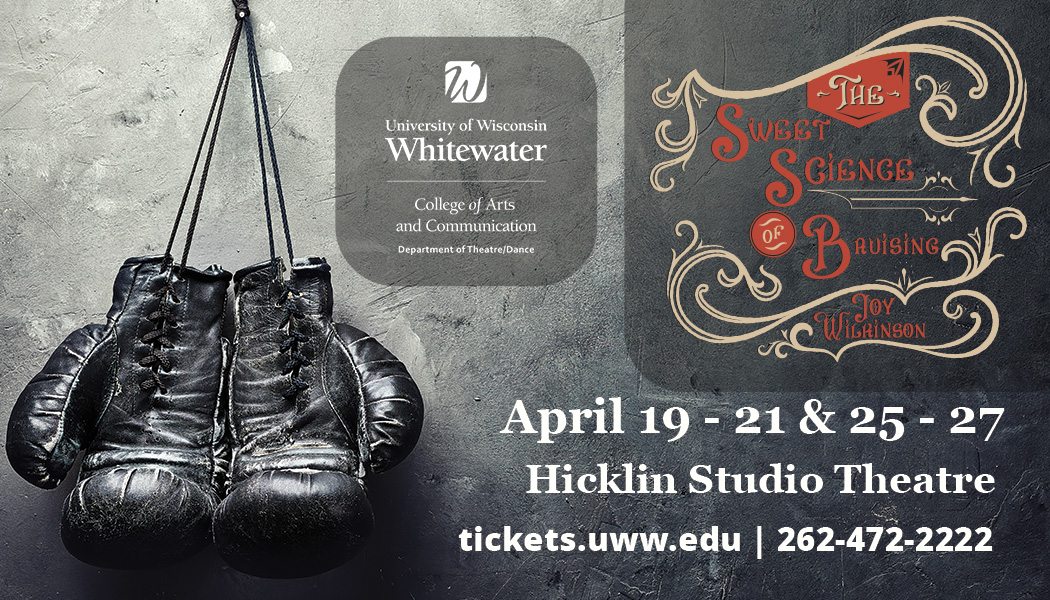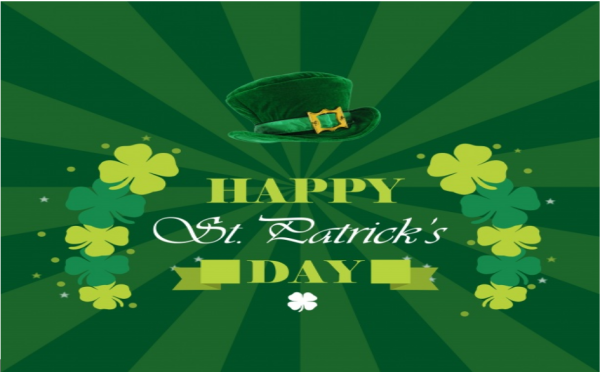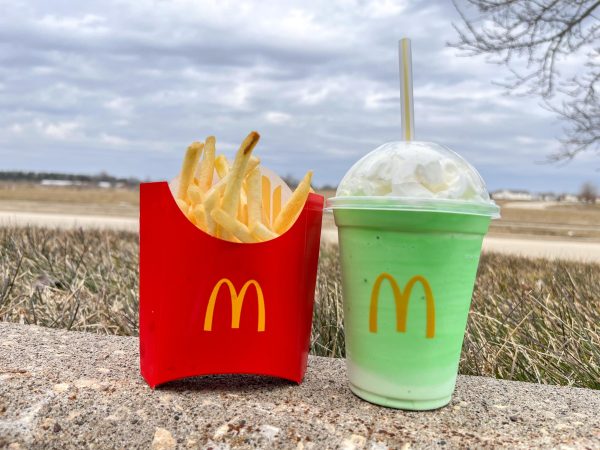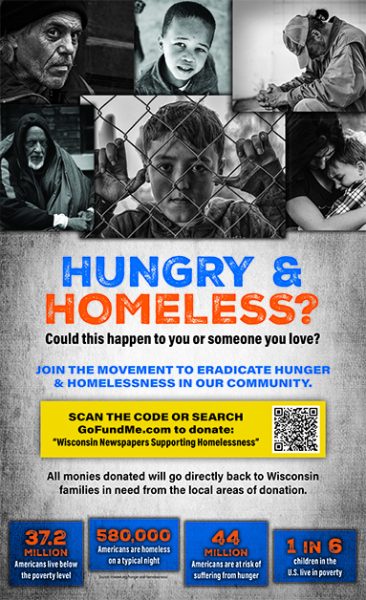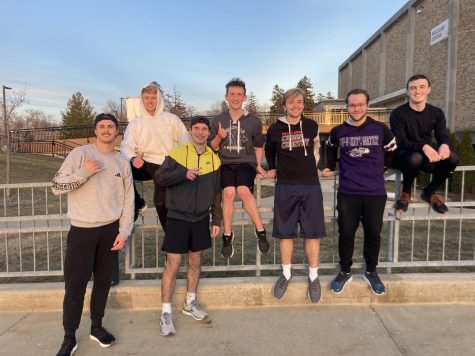Assisstant Professor educates about election polls
November 30, 2016
The surprising outcome of the 2016 presidential election has led many people to question the credibility of public opinion polling. That’s a fair question, considering so many polls suggested Hillary Clinton would win the election. But that’s the thing – polls are not instruments of prediction. They are not forecasting anything. Polls are simply a snapshot of public opinion at any one time.
It’s tempting to assume polls provide us a window into the future. We often see journalists, pundits, and even candidates praise (or condemn) polls as statistical fortune-tellers. In addition, the fact that polling involves some tricky math suggests that it is a deterministic enterprise: Step 1: Plugs numbers into a formula. Step 2: Learn who the next president will be.
This isn’t quite how it works. Polls rely on a series of assumptions and are shaped by decisions that are very much subjective. For instance, how do we define a “likely voter?” Someone who says they are going to vote? Someone who voted in the last election? The last three elections? Identifying likely voters is a critical step in predicting election outcomes, yet there are variety of ways to define exactly who qualifies as one. Which one is best?
Then there are the respondents. Humans are notoriously difficult to predict, especially when it comes to political behavior. For example, the number of people who say they will vote reliably exceeds the number of people who actually do. Moreover, individuals are under no obligation to talk to pollsters, nor are they required to give honest answers if they do. All this means that even the best polls suffer from many types of bias that extend well beyond the basic margin of error you (might) see included with polling data.
It’s important, in short, to keep things in perspective. Polling isn’t useless. Pollsters (at least the reputable ones) are not incompetent dimwits, although this election will rightly compel them rethink some of their assumptions. The problem isn’t that polls are inherently bad – it’s that they are inherently biased, and contain error that is rarely put into context on television, at a bar, or around the dinner table. Pollsters are obligated to conduct their surveys scientifically (and not all of them do), but consumers must also be aware of the inevitable error even the best polls contain and bear this in mind when interpreting them. Polls cannot tell us what will happen; at best, they give us a sense of what is likely to happen. In this way, polls are like weather forecasts: scientifically grounded analyses that almost always get close to reality, but sometimes are a bit off.




